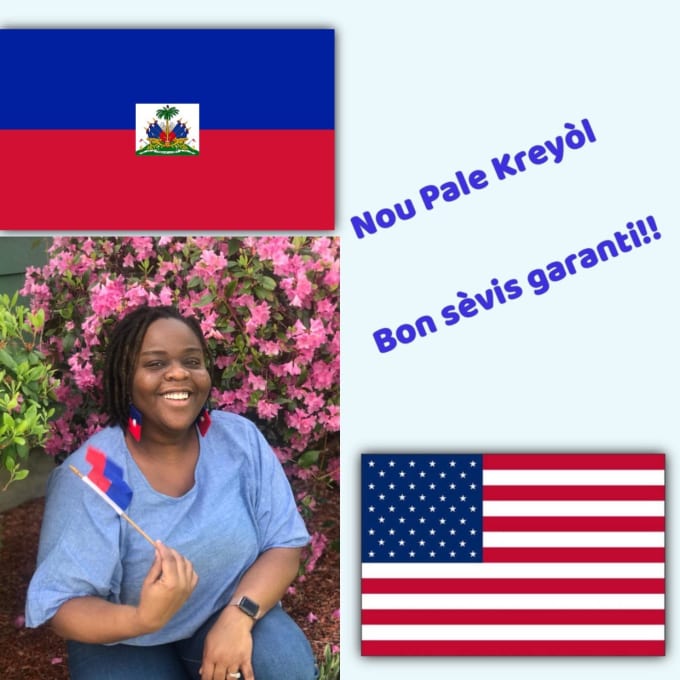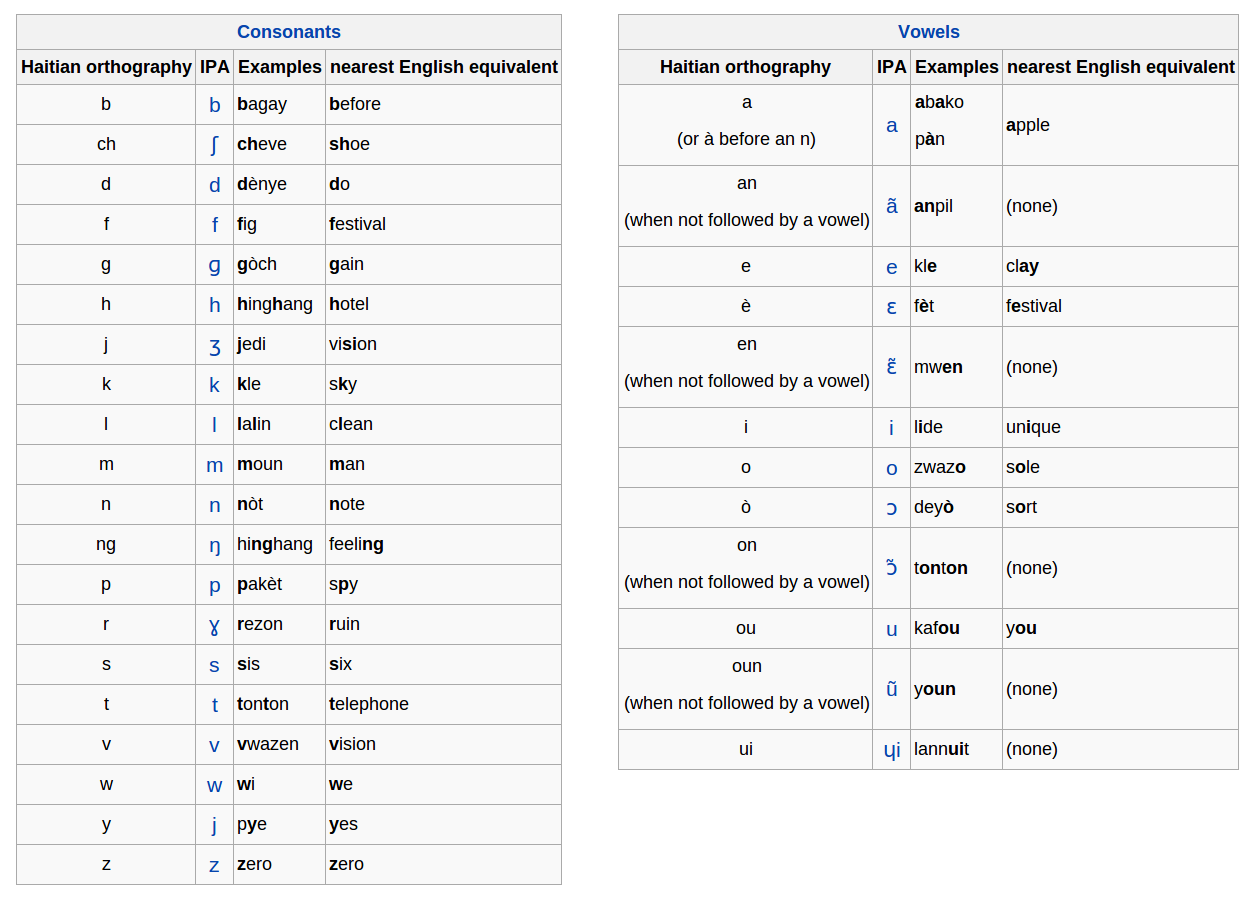
The Carnegie Mellon data base for Haitian Creole was created in the late 1990s for Diplomat, a project sponsored by the Defense Advanced Research Projects Agency. Few translation resources are available for the language, he added. "French speakers can sort of puzzle through it, but Creole isn't penetrable if you don't know French," Frederking said. Word meanings have drifted and the language incorporates some African syntax. Haitian Creole is based in part on French, but has evolved substantially from it over hundreds of years. LTI researchers, likewise, have begun working on their own translation system for Haitian Creole.Īlthough both French and Haitian Creole are official languages in Haiti, Haitian Creole is by far the most widely spoken language there, said Robert Frederking, LTI senior systems scientist. Translators Without Borders ( ), a not-for-profit association based in Paris, plans to distribute a medical triage dictionary to doctors in Haiti once that data has been converted into a readable format. Since Carnegie Mellon began to make the data publicly available last week, a team at Microsoft Research has used it to help develop an experimental, web-based system for translating between English and Haitian Creole ( ).

PITTSBURGH-In response to the humanitarian crisis in Haiti, scientists at Carnegie Mellon University's Language Technologies Institute (LTI) have publicly released spoken and textual data they've compiled on Haitian Creole so that translation tools desperately needed by doctors, nurses and other relief workers on the earthquake-ravaged island can be rapidly developed.

To Hasten Development of Translation Tools Byron Carnegie Mellon Releases Data on Haitian Creole


 0 kommentar(er)
0 kommentar(er)
